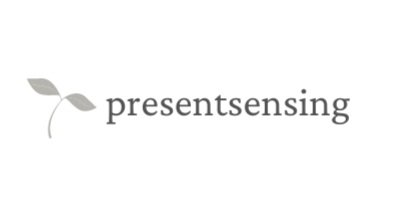Difference and Belonging: Rethinking What It Means to Be “Normal”
Many people come to therapy because something in their life isn’t working the way they want it to. Often, the assumption is: the problem must be me.
I want to gently challenge this assumption.
What if there is nothing wrong with you?
What if there is nothing you need to fix in order to be “normal” or “healthy”?
Who decides what “normal” even means? and by whose standards are you judging yourself?
Your Way of Being Is Creative and Adaptive
What if your way of responding to the world is not broken, but brilliant, creative, adaptive, and magnificently yours?
Therapy invites us to explore these responses as adaptive strategies, rather than pathologies. They often arise as creative adjustments that at one time helped us survive and find belonging in challenging environments.
The Harm of Pathologizing and Othering
Pathologizing means treating someone as “abnormal” or “unhealthy” simply because their ways of being are different. This process pushes people out of belonging and mattering.
This is also called othering — creating disconnection by holding ourselves or others to narrow standards of how we should be. For many of us, this disconnection feels like an emergency.
When we say:
“In order to belong, you need to fix XYZ.”
“To matter, you must change who you are.”
…we deny the inherent truth: you belong simply because you are here, and you matter simply because you are.
Belonging Beyond “Normal”
There are as many ways to relate, think, feel, and learn as there are humans in the world. There is no single “right” way to be.
Gestalt therapy - with it’s embodied, relational approach - helps create space to:
honour difference without making it deficiency
explore belonging without conditions
notice and challenge the systems that reinforce narrow definitions of “normal”
When we orient toward each other, rather than pushing each other out, we create belonging.
Frequently Asked Questions About Difference and Belonging
What does “difference and belonging” mean in therapy?
It refers to holding space for individual differences while affirming unconditional belonging. Therapy supports you in feeling accepted without needing to change who you are.
How does relational therapy address belonging?
Relational therapy focuses on the co-created space between therapist and client. It offers a safe environment to explore difference, connection, and the deep human need to belong.
Why is pathologizing harmful?
Pathologizing frames difference as abnormal, which leads to shame, disconnection, and othering. In our work together, we can find ways to challenge this process by revealing and understanding your creative, adaptive ways of being.
What if I feel like I don’t belong anywhere?
Many people struggle with belonging. Therapy can be a place to explore this experience, bring awareness to old patterns, and practice new ways of connecting without sacrificing who you are.
Do you offer therapy for belonging and identity online?
Yes. I offer embodied, relational Gestalt therapy in Toronto and online therapy across Ontario.
Book a free consultation to explore what therapy can make possible.
Thank you to @livedexperienceeducator for inspiring this piece, and for their tireless work advocating for the neurodivergent community and neuronormativity. I encourage you to click through to their profile page and click on literally any post for inspiration, affirmation, and badassery.
You can read @livedexperienceeducator’s post here.

